Which Is Best Wired Or Wireless Earphones?
In the ever-evolving world of audio technology, the debate between wired and wireless earphones continues to be a hot topic among consumers. Each type has its own set of advantages and disadvantages, making the choice largely dependent on individual preferences and specific use cases. This article aims to provide a comprehensive analysis of both wired and wireless earphones, helping you make an informed decision based on your unique needs.
Sound Quality

One of the most critical factors for any audio device is sound quality. Wired earphones have traditionally been the go-to choice for audiophiles and professionals due to their superior sound fidelity. The direct connection to the audio source ensures minimal signal loss and latency, resulting in a clearer and more accurate sound reproduction. High-end wired earphones often come with advanced features like noise isolation and high-resolution audio support, making them ideal for critical listening.
On the other hand, wireless earphones have made significant strides in recent years. Thanks to advancements in Bluetooth technology and audio codecs like aptX and AAC, the gap in sound quality between wired and wireless earphones has narrowed considerably. While they may still fall short of the absolute fidelity offered by wired options, many wireless earphones now deliver impressive audio performance that satisfies the majority of users.
Convenience and Portability
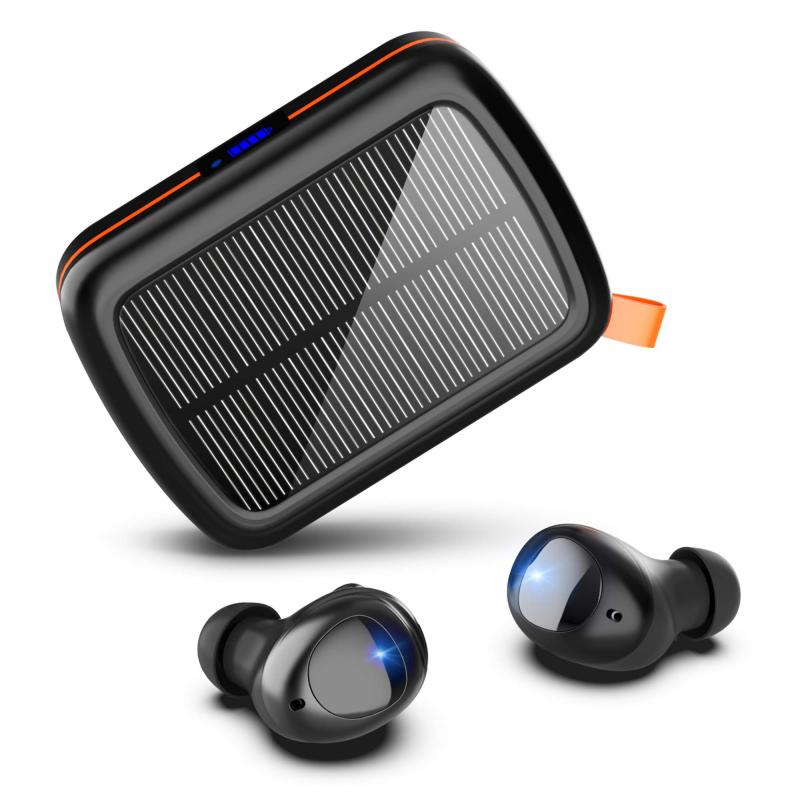
When it comes to convenience and portability, wireless earphones have a clear edge. The absence of cables means you can move freely without worrying about tangling or snagging. This makes wireless earphones particularly appealing for activities like working out, commuting, or simply moving around the house. Many wireless models also come with compact charging cases, making them easy to carry and ensuring they are always ready for use.
Wired earphones, while generally more cumbersome due to their cables, do have their own set of conveniences. They don’t require charging, so you never have to worry about running out of battery mid-use. Additionally, wired earphones are often more straightforward to use, as they don’t require pairing with a device and are less prone to connectivity issues.
Battery Life
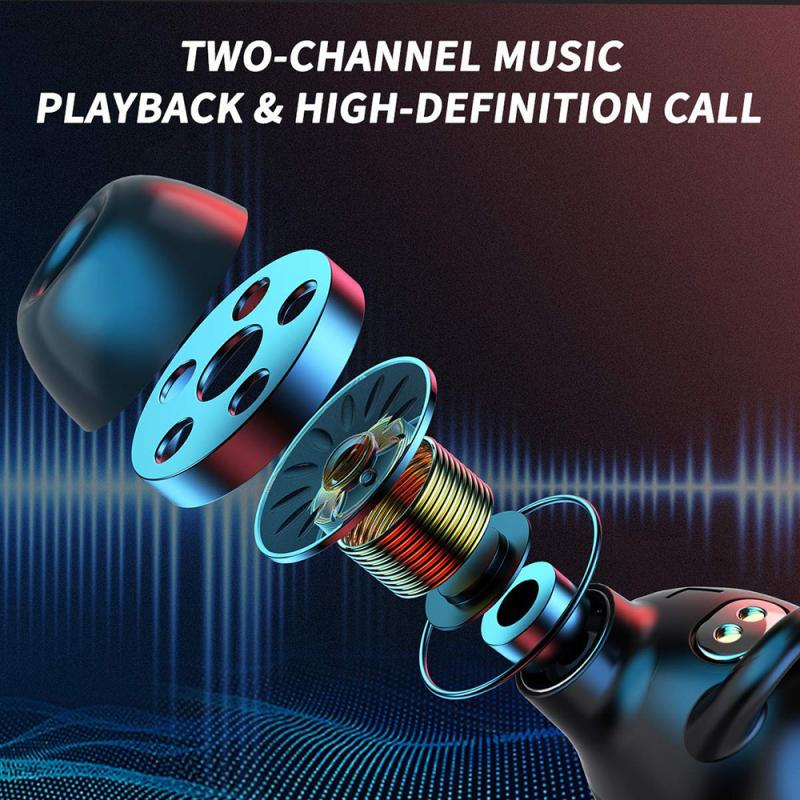
Battery life is a crucial consideration for wireless earphones. Most wireless models offer between 4 to 8 hours of playback on a single charge, with the charging case providing additional charges that can extend total usage time to 20-30 hours. However, battery life can vary significantly depending on factors like volume levels, active noise cancellation, and other features.
Wired earphones, as mentioned earlier, don’t have this limitation since they draw power directly from the connected device. This makes them a more reliable option for extended listening sessions, such as long flights or marathon workdays.
Durability and Maintenance

Durability is another important factor to consider. Wired earphones are generally more robust, as they don’t have internal batteries or wireless components that can fail over time. However, the cables themselves can be a point of weakness, prone to wear and tear, especially if not handled carefully.
Wireless earphones, while free from the hassle of cables, do have their own set of durability concerns. The internal batteries will degrade over time, reducing overall lifespan. Additionally, wireless earphones are more susceptible to damage from drops or exposure to moisture, although many models now come with water-resistant features.
Compatibility
Compatibility is a key consideration, especially in today’s diverse tech ecosystem. Wired earphones typically use a 3.5mm jack, which has become less common in modern smartphones. Many newer devices require adapters or have shifted entirely to USB-C or Lightning connectors, adding an extra layer of complexity.
Wireless earphones, with their universal Bluetooth connectivity, offer broader compatibility across a wide range of devices, including smartphones, tablets, laptops, and even some smart TVs. This makes them a more versatile choice for users who frequently switch between different devices.
Cost
Cost is often a deciding factor for many consumers. Wired earphones generally offer better sound quality and durability at a lower price point compared to their wireless counterparts. High-quality wired earphones can be found at various price ranges, making them accessible to a broader audience.
Wireless earphones, while typically more expensive, offer the added benefits of convenience and advanced features like active noise cancellation, touch controls, and voice assistant integration. The higher price tag can be justified for users who prioritize these features and the freedom of wireless connectivity.
Use Cases
To help you decide which type of earphone is best for you, consider your primary use cases:
- For Audiophiles and Professionals: If sound quality is your top priority, wired earphones are likely the better choice. They offer superior audio fidelity and are less prone to connectivity issues.
- For Active Lifestyles: If you’re frequently on the move, whether it’s commuting, working out, or traveling, wireless earphones offer the convenience and portability you need.
- For Long Listening Sessions: If you need earphones for extended use without worrying about battery life, wired earphones are the more reliable option.
- For Versatility: If you use multiple devices and need a versatile solution, wireless earphones with Bluetooth connectivity are the way to go.
In the end, the choice between wired and wireless earphones boils down to your specific needs and preferences. Wired earphones excel in sound quality, reliability, and cost-effectiveness, making them ideal for audiophiles and professionals. Wireless earphones, on the other hand, offer unparalleled convenience, portability, and advanced features, catering to users with active lifestyles and diverse device ecosystems.
By carefully considering the factors outlined in this article, you can make an informed decision that best suits your listening habits and lifestyle. Whether you opt for the timeless reliability of wired earphones or the modern convenience of wireless ones, both options have their own unique strengths that can enhance your audio experience.


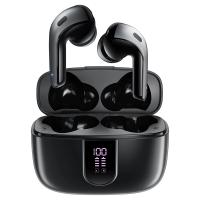
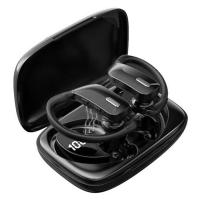
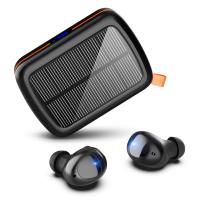

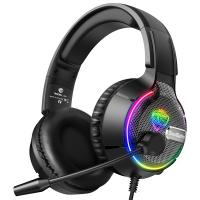

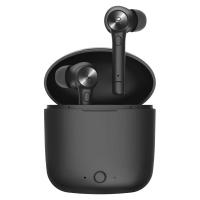
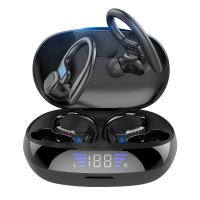
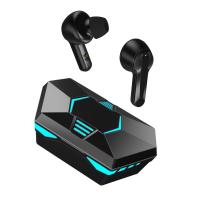




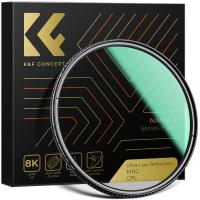
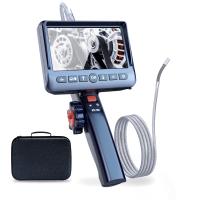
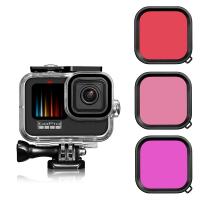
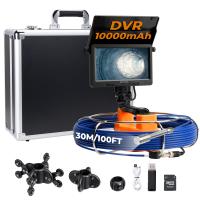
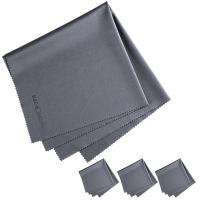
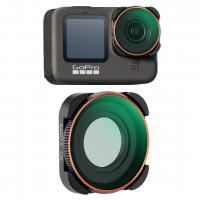
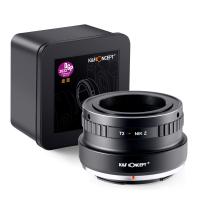
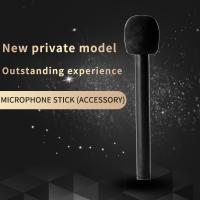

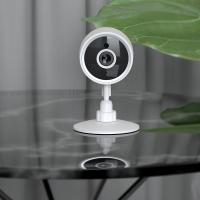
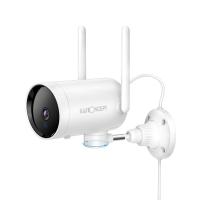
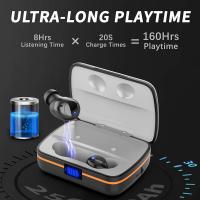
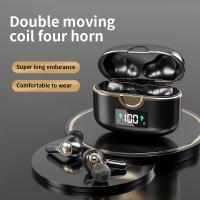

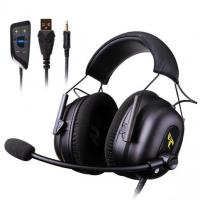
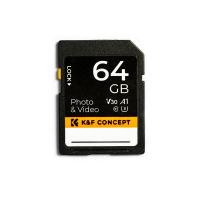

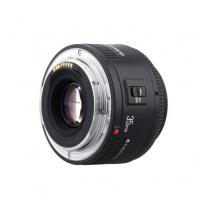

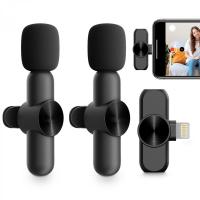
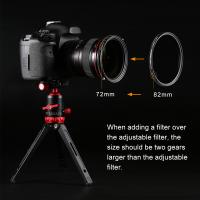


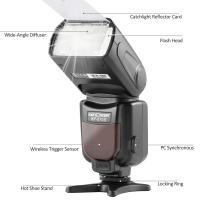
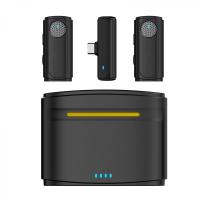

There are no comments for this blog.